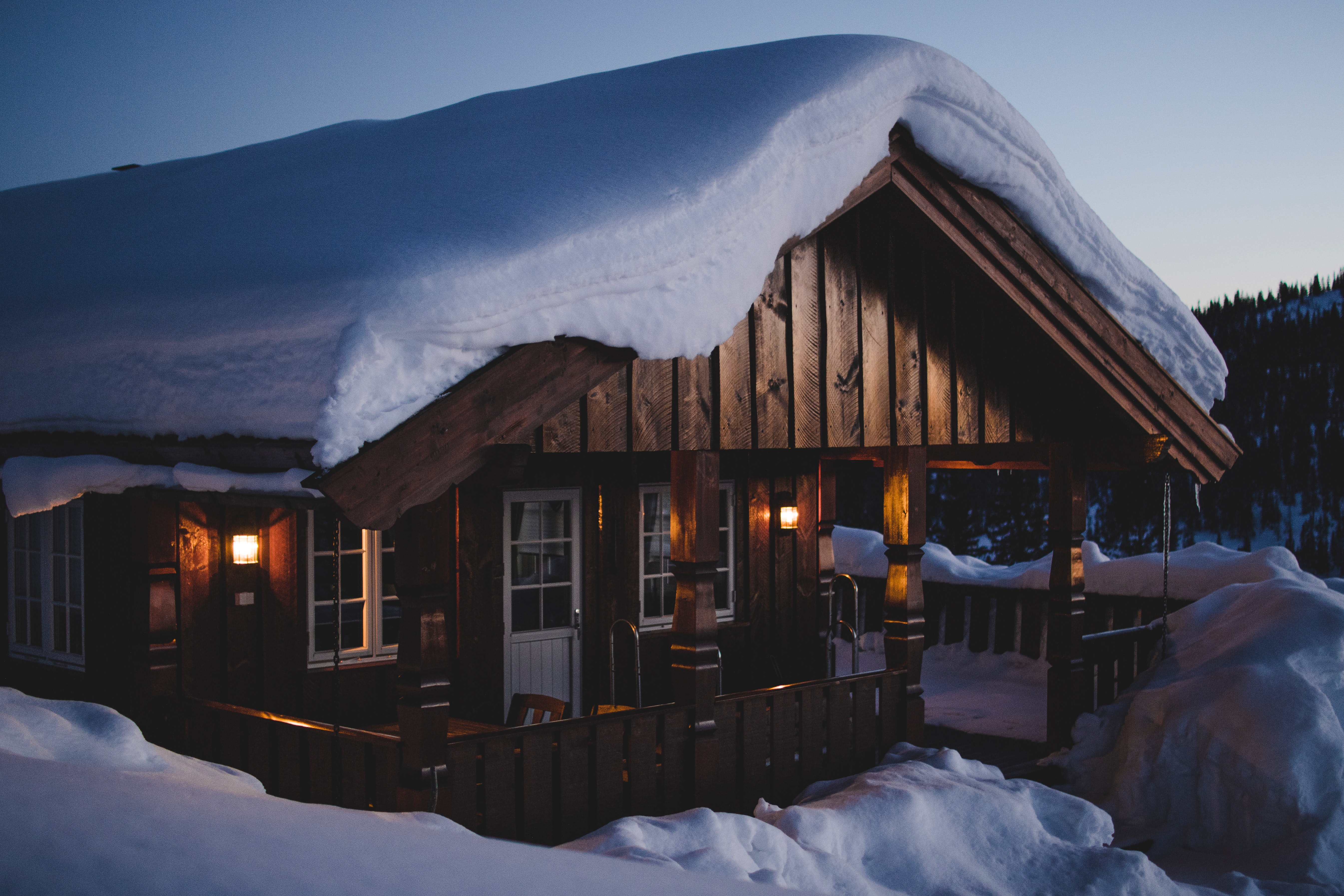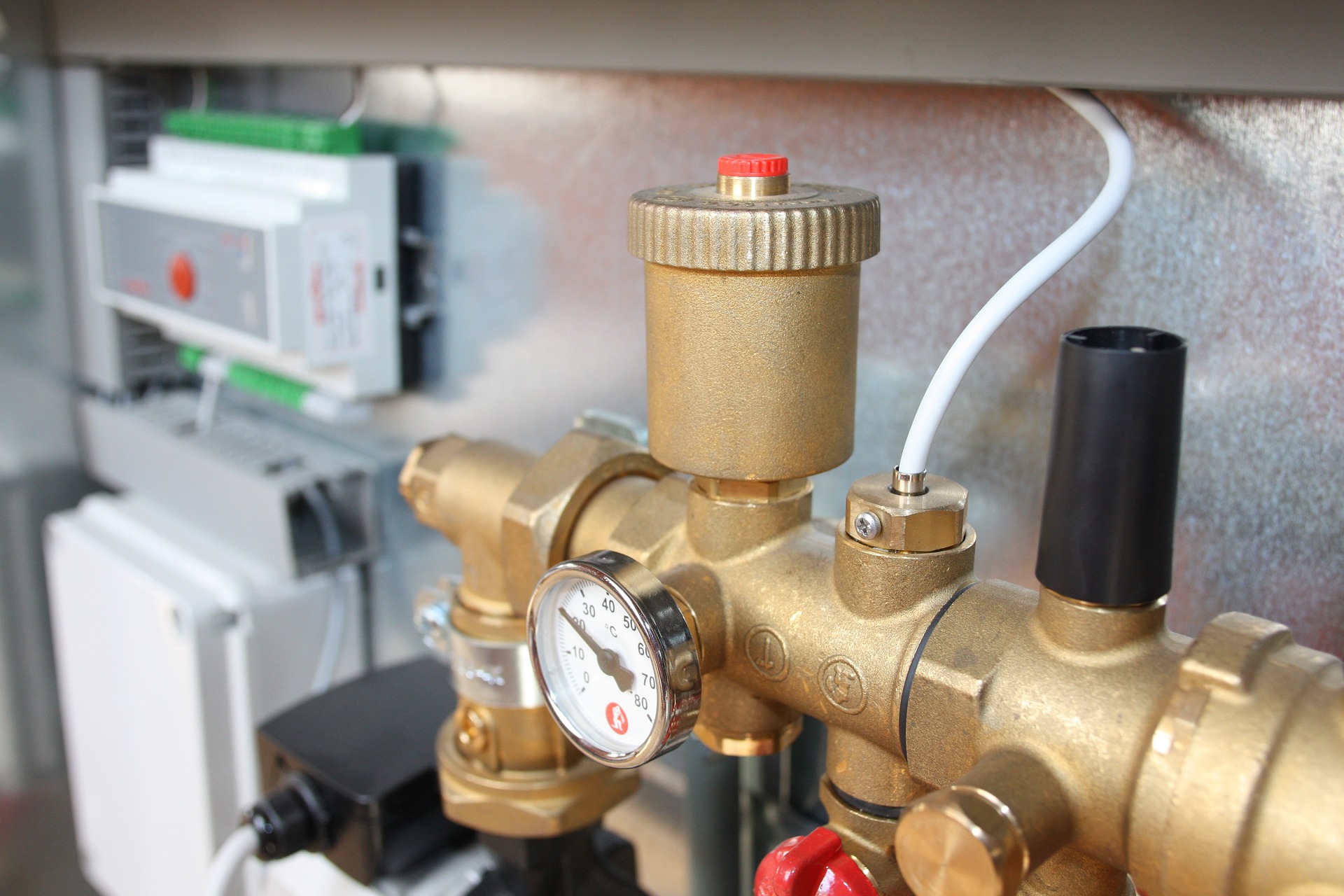The Importance of Changing Your Heat Pump Air Filters in Winter
With winter on the way, it’s the perfect time to change your home’s heat pump air filter. Heat pumps are an efficient way to keep your home comfortable for the whole season, but they need regular maintenance like any other heating system. In fact, every type of HVAC system needs an air filter change at some point to ensure efficient operation, avoid unnecessary repairs, and keep the air in your home or business as clean as possible.

Why Does a Heat Pump Have a Filter?
There is a variety of different heating systems that you might have for your home or business. You could have a heat pump that provides efficient electric heating by applying the same principles as air conditioning to transfer heat, or you could have more conventional options, such as a furnace.
In any case, you need an air filter to keep dirt, dust, and debris from entering those systems. The intake air passes through the heat pump or the furnace’s blower and then goes on to be distributed throughout your home’s ductwork. Before entering the heat pump or blower, an air filter for heaters removes those contaminants from the air, protecting both your HVAC system and your indoor air quality.
Will a dirty air filter affect central heat? Absolutely. Heat pump filters work by capturing dirt and other contaminants within a media with a high surface area, such as polyester or fiberglass. Your filter can only accumulate so much dirt before problems start to happen, which is why you want it changed before the cold of winter sets in.
Reducing Your Utility Bills
When it comes to heating, one of the top things on any home or business owner’s list is reducing their utility costs as much as possible. If you already own a heat pump, then you’ve made a major step toward reducing your heating costs compared to conventional systems. However, there’s still more room for improvement.
Whether you have a heat pump, furnace, or other central air systems, there are two distinct ways that your system draws energy. First, there’s the energy involved in heating the air itself. A heat pump handles this with a refrigerant cycle driven by electricity while your furnace burns natural gas or another fuel.
There is also the energy used to draw air into the system and distribute it through your ductwork. The fan or blower used will run on electricity, and it could account for more than you might think. This is particularly true if you aren’t changing your heat pump air filter as often as you should.
Drawing air through any kind of media filter creates a pressure drop that takes additional energy to overcome. That pressure drop, and the amount of energy needed increases as the filter accumulates dirt and other contaminants. Basically, the dirt will eventually block the filter and prevent air from getting through.
Once your filter becomes dirty enough, you’ll be wasting significant energy use drawing air into the system. Simply changing your heat pump air filter annually, or according to manufacturer recommendations, can help reduce your utility bills over the winter.
Extending the Life of Your System

Whether you have a heat pump furnace, or other heating systems, buying that system was likely a significant expense. The Environmental Protection Agency’s Energy Star program recommends replacing these systems every 10 to 15 years to always maintain efficient heating. However, you could find yourself needing a replacement sooner if you don’t keep up with regular maintenance.
There are many factors that can affect your heating system’s performance, and the air filter is certainly one of them. When your air filter becomes blocked with dirt, it isn’t just using additional energy. It’s also drawing more power from the fan or blower motor. Your system will do its best to keep up with your heating needs, even when it puts strain on important parts.
Eventually, you can find the fan or blower motor burning out completely and needing to be replaced. Depending on how other parts are affected, this could be an expensive repair. It can also lead to a real emergency if you find yourself stuck without reliable heat in the middle of the winter, even if just for a few days.
The overall strain on your heating system can cause a wide range of components to wear prematurely, even if they aren’t directly related to air distribution. This can lead to the need for a replacement years earlier than expected, which could mean another major expense for your household or business.
Keeping the Air You Breathe Clean
As your air filter continues to accumulate dirt and other contaminants, it becomes less effective at filtering the air. The wide range of particles accumulated inside the filter can eventually work their way through if the filter isn’t changed when needed. This means that air passing through your HVAC system could be picking up contaminants and spreading them throughout your home.
Indoor air quality is very important to the health of anyone inside your home or business. Your heat pump air filter helps keep out dust, pollen, pet dander, and other particles that can affect people with allergies or respiratory conditions. They could experience a wide range of symptoms, including fatigue, coughing, sneezing, eye irritation, and more.
Your heat pump filters can also capture mold, dust mites, bacteria, smoke, and other contaminants that can harm anyone, with or without an existing condition. Changing your air filter as needed keeps concentrations of these contaminants as low as possible, providing the healthiest and most pleasant environment for anyone inside your home or business.
Make Sure You Get the Right Filter for Your System
When you got to replace your air filter for the coming winter, you need the correct heat pump air filter for your specific HVAC system. Filter King carries an extensive line of filter sizes and brands so that you can find exactly what you’re looking for. This winter, be sure that you have the best heat pump air filter to help keep your home or business warm, comfortable, and safe.
